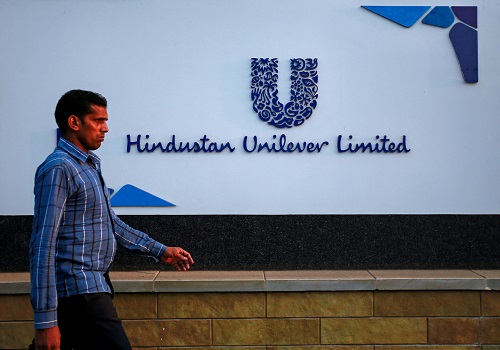'We're building in public, join us': Koo blasts privacy critics

Follow us Now on Telegram ! Get daily 10 - 12 important updates on Business, Finance and Investment. Join our Telegram Channel
India's multilingual microblogging platform Koo is brushing aside as "teething issues" a sudden burst of criticism over data privacy and links to Chinese funding hitting its "10 month old" brand which has seen daily active user base explode nearly 30x since January and rapidly moving towards the 1 million mark.
"I am an Indian as a founder, my co-founder is an Indian and we are deeply connected with what we are building. And that's why the market even exists. We are a 10-month-old company. And there will be a few teething issues. We were taken by surprise by the kind of love that we've gotten from all the users in India. And we would want them to join us in this journey of building," Koo co-founder Aprameya Radhakrishna told IANS during an hour-long interview.
On the other side, Koo critics have distilled their attacks around two themes: data privacy and the company's links to Chinese funding.
"You asked so I did it. I spent 30 min on this new Koo app. The app is leaking the personal data of his users: email, dob, name, marital status, gender," a hacker, who goes by the pseudonym Elliot Alderson, posted online.
Radhakrishna's case is that Koo, like any other digital-born product, will be built "iteratively", rather than arrive into the world fully baked. Koo's developers initially focused their attention on use cases where email wasn't the default mode of entry. "When the issues showed up, we fixed it immediately," he said.
"Factually incorrect," is the Koo team's response to interpretations of domain ownership. "Koo is fully owned by Bombinate Technologies Pvt Ltd and domiciled in India. All data and associated servers are also run out of India. The team is headquartered in Bengaluru," the Koo team explained. As on date, Koo counts Accel Partners, 3one4 Capital, Blume Ventures, and Kalaari Capital among its investors.
Shunwei, the lone global venture capital firm with China links in the Koo structure, has "committed to exiting the company," said Radhakrishna. Koo expects to close the issue in "about a month". Shunwei had invested in an earlier product from the same team, called Vokal.
"Due to the increased restrictions on Chinese investors in India, the exit procedure was working through the required checks and clarifications before being completed," Radhakrishna said.
The Koo team launched a strident response, detailed below, to multiple concerns that have risen in parallel with its ascendancy and Twitter's run-in with the Indian government over accounts peddling lies.
On verification: "Our verification focusses on authenticity rather than fame and hence we are able to verify accounts more transparently compared to our counterparts. We also intend to make this a more platformised approach and enable broad guidelines to be consumable by all."
On political exposure: "Any statements alleging political connections or organised political involvement are factually incorrect. We are driving a platform for every Indian and like every citizen and Indian company, we are bound by Indian Law and the Constitution of India. Like the principal of our Constitution, we also believe in making it a 'of the people, by the people and for the people' platform. Currently, We have Ravi Shankar Prasad, Piyush Goyal, B.S. Yediyurappa, Shivraj Singh Chouhan, H.D. Devegowda, HD Kumaraswamy, Priyank Kharge on our platform to name of few and we are sure that over the coming days personalities across political spectrum will join us to connect with their regional audience."
On technical issues: "The data breach claims on Koo are fairly exaggerated. 95 per cent of Koo users login through their mobile phone number. Language communities of India do not use email to login and hence was not the priority of the company. Email login was introduced recently. Now that concerns have been raised, it has already been blocked from view. The data that was leaked was publicly accessible already. It'd be unfair to term it as a breach. There were some issues with session token management which claimed to provide access to some accounts. This has already been fixed and the tokens invalidated."












 320-x-100_uti_gold.jpg" alt="Advertisement">
320-x-100_uti_gold.jpg" alt="Advertisement">












